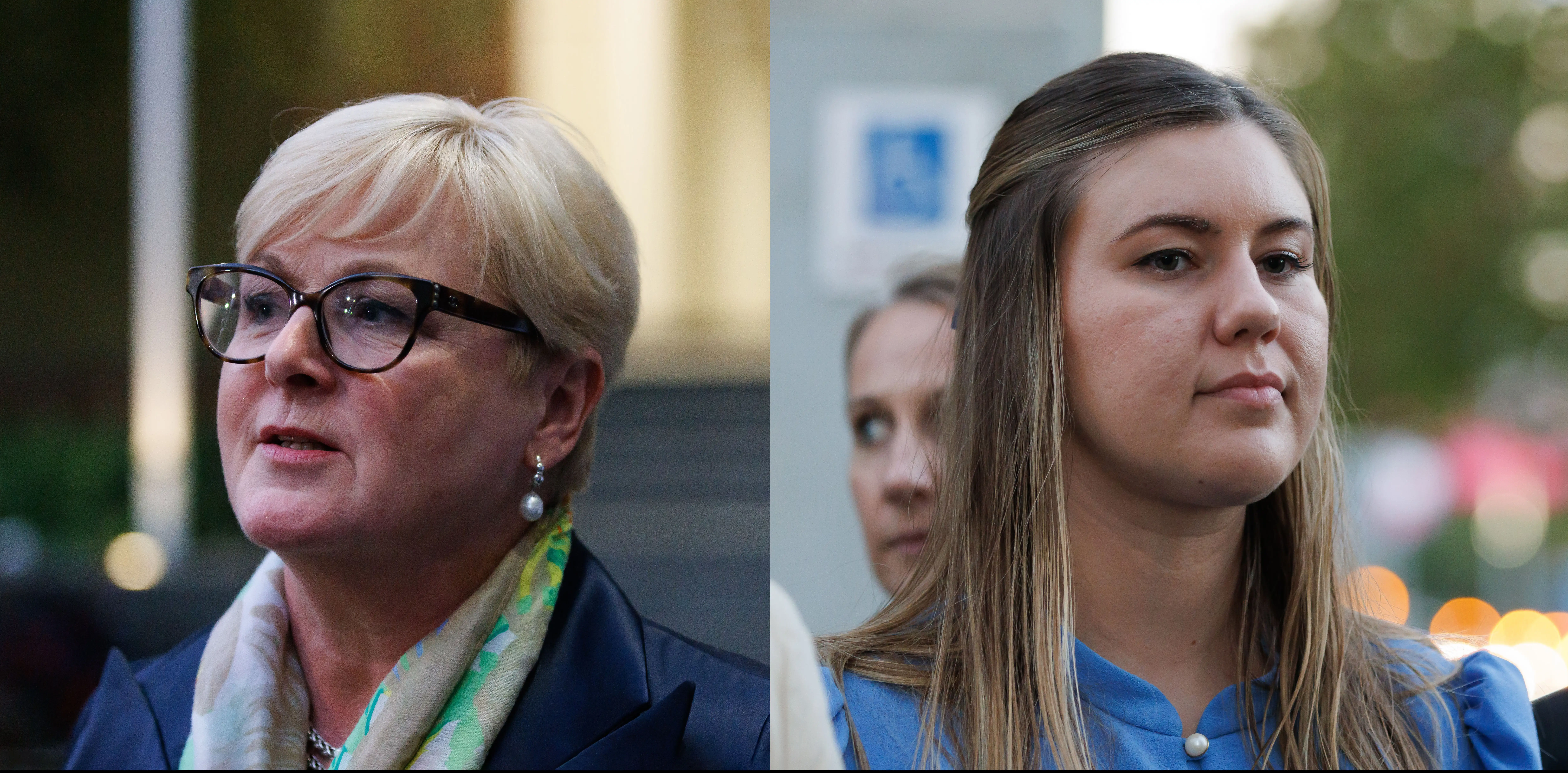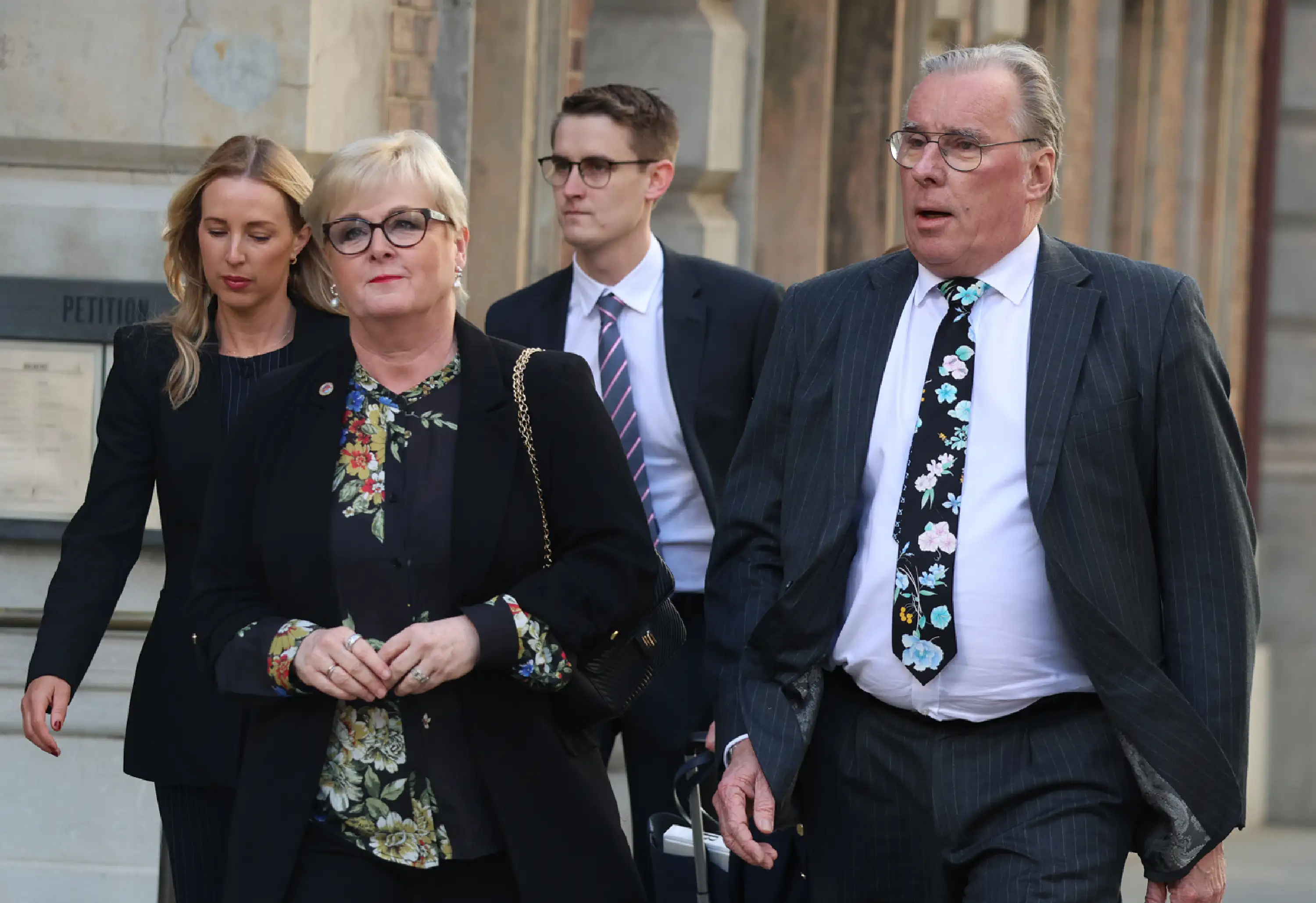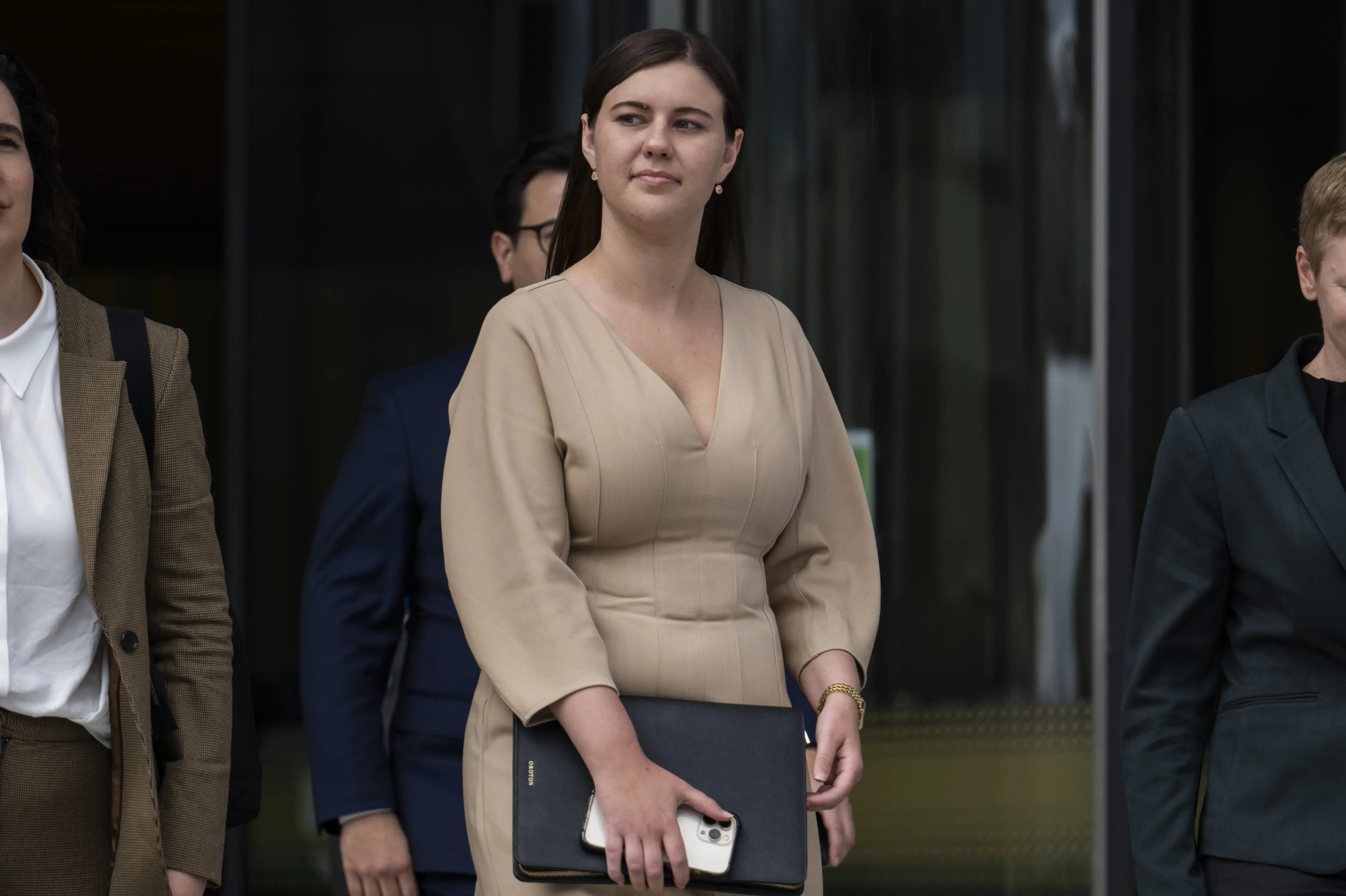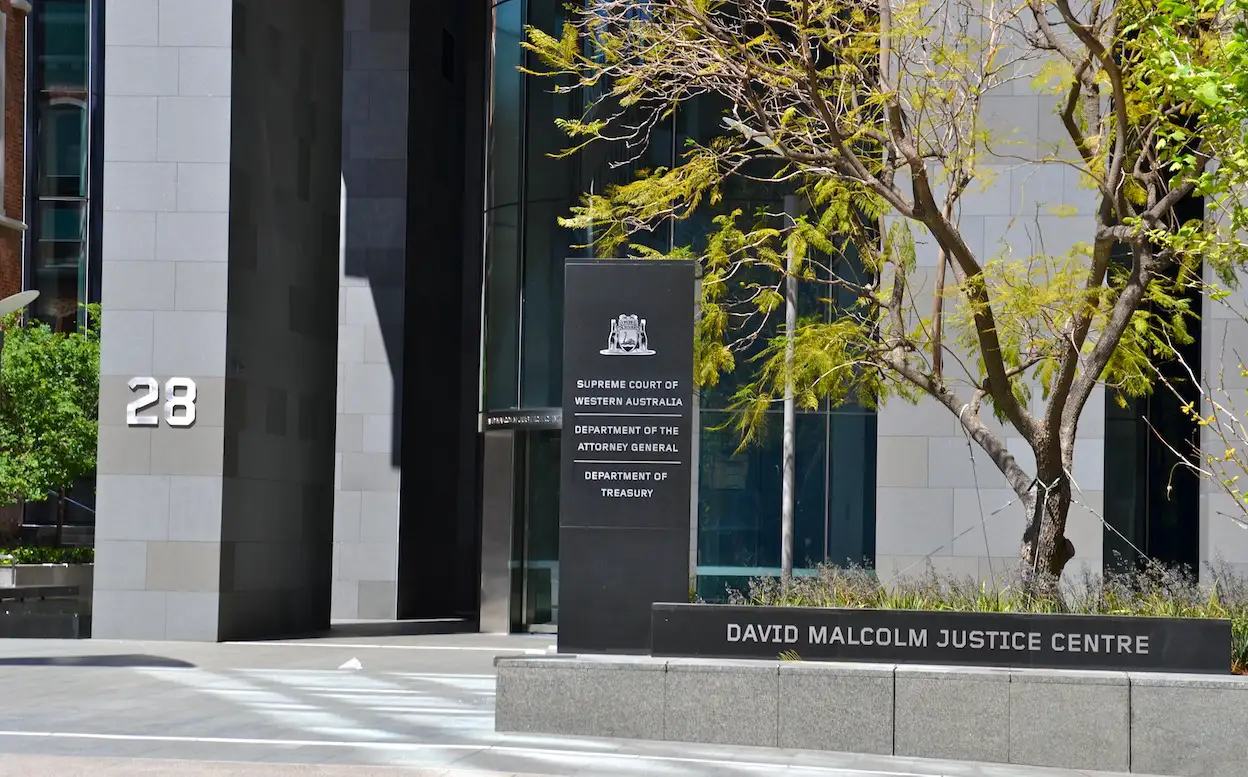
Politics & Society
Protecting staff at parliament house

Former Western Australian senator Linda Reynolds has won her defamation case against former staffer Brittany Higgins over social media posts
Published 27 August 2025
A Supreme Court judge has ruled that Brittany Higgins' social media posts were defamatory and ordered her to pay $AU315,000 plus $AU26,000 interest to former West Australian senator, Linda Reynolds.
Justice Paul Tottle found two of three social media posts were defamatory, while one other was protected by the defences of honest opinion, fair comment, and qualified privilege.

The ruling concerned tweets and an Instagram story Higgins posted in 2022 and 2023.
Reynolds had claimed that the social media posts accused her of mishandling Higgins’ rape allegation in 2019, harassing Higgins via the media and parliament, engaging in questionable conduct during Lehrmann’s criminal rape trial, and wanting to silence victims of sexual assault.
She argued that the Tweets subjected her to “public hatred, scandal, odium and contempt” and were motivated by a political campaign by Higgins and her husband, David Sharaz, who wanted to injure her.
In reply, Higgins relied upon the legal defences of truth, fair comment, honest opinion and qualified privilege; that is, she claimed the comments were true, that her analysis of the facts was reasonable, and she had a duty to communicate the matters (workplace safety and a minister’s performance) to the public, and the public had a corresponding interest in receiving that information.
Justice Tottle found that Higgins had defamed Reynolds in an Instagram story in July 2023 where she accused the ex-defence minister of mishandling her rape claim, harassing her and engaging in questionable conduct with regards to Lehrmann’s rape trial.

Politics & Society
Protecting staff at parliament house
The judge also found that Higgins had defamed Reynolds in another tweet implying pressure and hypocrisy.
The judge accepted that Higgins had been raped, and she was traumatised.
He said this would have made her memories unreliable in some ways, as was to be expected of any victim of trauma.
This meant at times a “dramatic” disparity between her media interviews about the way she was treated in the 2019 election campaign, just after her assault, and the reality.
In particular: “My impression is that by 2021, (Higgins) had persuaded herself that she had been the victim of a coverup”.
“In truth, there was no such cover-up,” he found.
But he dismissed Reynold’s claim that Higgins and her now-husband, David Sharaz, had conspired to injure her reputation.

During the trial, more than 20 witnesses gave evidence.
Most were mostly testifying for Reynolds, including Former Prime Minister Scott Morrison, Reynolds’ partner Robert Reid and members of Reynolds’ family, including her parents.
Most of the evidence concerned the effect of the publicity around Higgins’ rape allegations had on Reynolds’ health and career in 2021.
Brittany Higgins was scheduled to give evidence at the trial for five days but, halfway through the trial, her lawyer Rachael Young said that she would not be appearing on medical grounds.
Higgins was, at the time, pregnant with her first child and living in France. Fiona Brown, Reynolds’ former chief of staff, was also excused from giving evidence based on her fragile health.
Central to the background of this case is the defamation case last year in the Federal Court where Justice Michael Lee held that, on the balance of probabilities, Bruce Lehrmann had raped Higgins in 2019.

Politics & Society
I guess she won’t be writing the memoir
Lehrmann, who has always claimed his innocence, had sued Network Ten for defamation; Justice Lee famously pointed out that, having escaped the lion’s den of a criminal conviction for rape, Lehrmann then made the mistake of going back for his hat.
Lehrmann is currently appealing Justice Lee’s decision. He is also facing two counts of rape in Toowoomba, Queensland, that are unrelated to the Brittany Higgins case.
Last year, Reynolds won an application for details of the trust that controls Higgins’ $AU2.4 million Commonwealth compensation payout. Reynolds submitted that it was set up to ‘defeat or delay’ her creditors, including Reynolds herself.
The purpose of this second – connected – lawsuit was to get access to Higgins’ Commonwealth compensation money to satisfy any judgment and costs in her defamation case against Reynolds.
Without access to the trust money, any Reynolds victory would be an empty one, as Higgins has declared to the court that – apart from the trust money – she only has $AU10,000 in assets.

The financial stakes were very high for both women.
To fund her action, Reynolds mortgaged her house. To defend the case, Higgins sold her French home.
Why did Reynolds choose to launch her high-profile case in Western Australia’s Supreme Court? Probably because WA is yet to enact many of the latest defamation reforms across the nation that make it harder to sue.
These include a requirement that a plaintiff prove they have suffered serious harm as a result of the publication, and a new defence of public interest – that is, that the publication was in the interests of or benefited the public – not just that the public would be interested in it.
This case also raises the question of whether it is too easy under Australian defamation law for public figures and politicians to sue.

Politics & Society
Judge, jury and Google
In recent years, we’ve seen actions against the media or individuals launched by Peter Dutton, Christian Porter, Lachlan Murdoch, Joe Hockey, Pauline Hanson, Sophie Mirabella, Sarah Hanson-Young, Clive Palmer and Moira Deeming – to name just a few.
These cases line the pockets of lawyers and high-profile defamation barristers.
But do they benefit Australian society and support the free discussion of important social and political issues?
Dr Jessica Lake discussed truth, fair comment and qualified privilege in more detail on ABC Radio National’s Law Report.